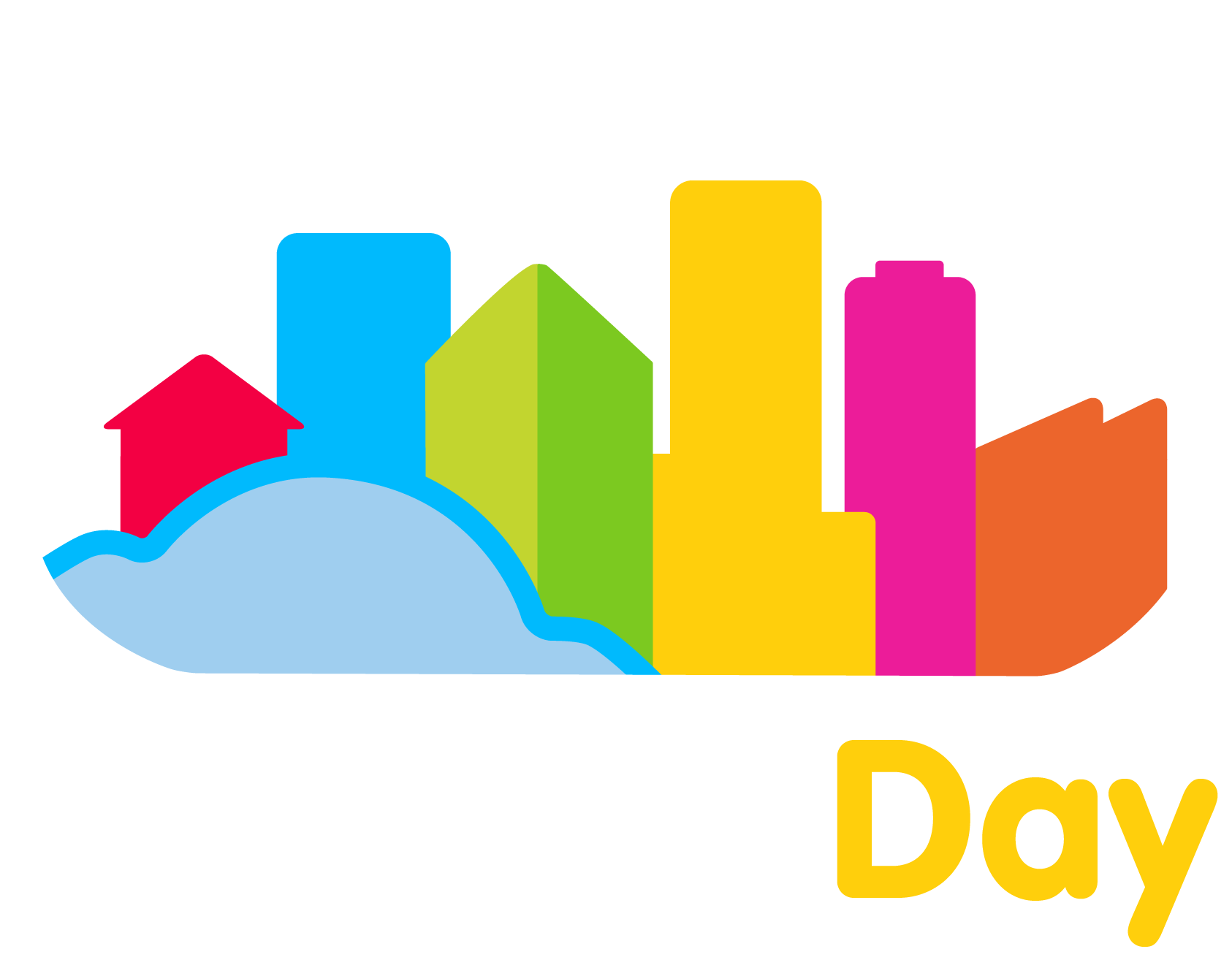Build Back Cleaner Air
Our Build Back Cleaner Air report, based on primary social research and secondary scientific data over the lockdown period, presents evidence for government, local authorities, and campaigners to build back cleaner air more urgently than ever.
Key outcomes
There is a link between environmental health and infectious disease
Air pollution is more important than ever as it is a cause of underlying health conditions that can make people more susceptible to detrimental health outcomes from COVID-19.
Heightened salience of air pollution
The public now consider clean air more important than ever and want to see central and local government and businesses invest more urgently in tackling air pollution than before the COVID-19 crisis
Willingness to change
The public have embraced new low air pollution behaviours, such as walking, cycling and working from home, and want to keep doing them.
Downloads
Off the back of the report, we have created downloadable tools and assets to help the clean air movement, active travel groups and national and local governments best utilise its key findings. We hope our guidance will equip you to effectively engage the decision makers, businesses and the public in making the urgent case for clean air.
To create awareness of changes in air quality and campaign against air pollution in your local area we have created three images you can use to draw attention to times when pollution is good and times when it is poor. You can use any of these as posters in the form of separate images or as a set, if you have the capability to adapt them on a manual basis to the current pollution situation. They can also be used as social media graphics on a similar basis.
Please head to our forecasting section on the Clean Air Hub to find your air pollution level.
- If the air quality is 1-3 use the “good” image
- If air quality is between 4-6 use the “moderate” image
- If the air quality is between 7-10 use the “bad” image
Facebook and Instagram Stories
Please provide your details to download our free resources
All our resources are free to download. We’re asking people to complete this form in order for us to
understand who is using our materials, so that we can continue to improve them.
Sign up
We’ll send you emails keeping you up to date with what we’re doing, the difference we’re making, and how you can get involved and support our activities.
By providing your email and clicking the subscribe button above, you will sign up to Global Action Plan newsletters to be kept up to date with the latest stories, information and results for our programmes and campaigns.You can change your mind at any time by clicking the unsubscribe link in the footer of any email you receive from us, or by contacting us at team@globalactionplan.org.uk. We will treat your information with respect. For more information about our privacy practices please visit our website. By clicking above, you agree that we may process your information in accordance with these terms.We use MailChimp as our marketing automation platform. By clicking above to submit this form, you acknowledge that the information you provide will be transferred to MailChimp for processing in accordance with their Privacy Policy and Terms.
SEARCH




















































